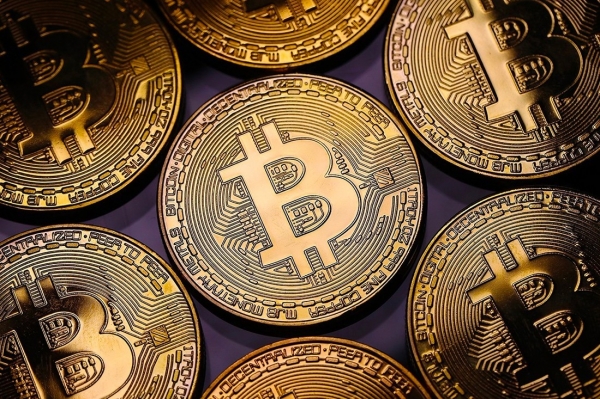What is CryptoCurrency? How does it Work
Digital money is decentralized computerized cash that depends on blockchain innovation. You might be acquainted with the most famous renditions, Bitcoin and Ethereum, yet there are in excess of 5,000 unique digital currencies available for use.

How Does Cryptocurrency Work?
A cryptographic money is a vehicle of trade that is advanced, encoded and decentralized. In contrast to the U.S. Dollar or the Euro, there is no focal power that oversees and keeps up with the worth of a cryptographic money. All things being equal, these errands are extensively appropriated among a digital currency’s clients by means of the web.
You can utilize crypto to purchase standard labour and products, albeit a great many people put resources into cryptographic forms of money as they would in different resources, similar to stocks or valuable metals. While digital money is a novel and invigorating resource class, buying it very well may be unsafe as you should take on a decent measure of exploration to completely see how every framework functions.
Bitcoin was the primary digital currency, first illustrated on a fundamental level by Satoshi Nakamoto in a 2008 paper named “Bitcoin: A Peer-to-Peer Electronic Cash System.” Nakamoto depicted the undertaking as “an electronic instalment framework in light of cryptographic verification rather than trust.”
That cryptographic evidence comes as exchanges that are checked and recorded on a blockchain.
What Is a Blockchain?
A blockchain is an open, dispersed record that records exchanges in code. By and by, it’s similar to a check book that is conveyed across endless PCs all over the planet. Exchanges are recorded in “blocks” that are then connected together on a “chain” of past cryptographic money exchanges.
“Envision a book where you record all that you burn through cash on every day,” “Each page is like a square, and the whole book, a gathering of pages, is a blockchain.”
With a blockchain, each and every individual who utilizes a digital money has their own duplicate of this book to make a bound together exchange record. Programming logs each new exchange as it occurs, and each duplicate of the blockchain is refreshed all the while with the new data, keeping all records indistinguishable and exact.
To forestall misrepresentation, every exchange is actually looked at utilizing one of two primary approval strategies: verification of work or evidence of stake.
Verification of Work versus Proof of Stake
Verification of work and evidence of stake are two distinct approval procedures used to confirm exchanges before they’re added to a blockchain that reward verifiers with more cryptographic money. Cryptographic forms of money ordinarily utilize either confirmation of work or evidence of stake to check exchanges.
Evidence of Work
“Evidence of work is a technique for checking exchanges on a blockchain in which a calculation gives a numerical issue that PCs competition to tackle,
Each taking part PC, regularly alluded to as a “digger,” tackles a numerical riddle that checks a gathering of exchanges alluded to as a square then, at that point, adds them to the blockchain leger. The main PC to do as such effectively is compensated with a modest quantity of digital currency for its endeavours.
This competition to address blockchain riddles can require an extraordinary measure of PC power and power. Practically speaking, that implies the excavators may scarcely equal the initial investment with the crypto they get for approving exchanges, subsequent to thinking about the expenses of force and processing assets.
Confirmation of Stake
To lessen how much power important to check exchanges, some digital forms of money utilize a proof of stake confirmation technique. With proof of stake, the quantity of exchanges every individual can confirm is restricted by how much digital currency they’re willing to “stake,” or briefly lock up in a mutual protected, for the opportunity to take part all the while. “It’s practically similar to bank insurance,” says Okoro. Every individual who stakes crypto is qualified to check exchanges, yet the chances you’ll be picked to do as such increment with the sum you front.
“Since evidence of stake eliminates energy-concentrated condition tackling, it’s substantially more proficient than confirmation of work, considering quicker check/affirmation times for exchanges,”
In the event that a stake proprietor (at times called a validator) is picked to approve another gathering of exchanges, they’ll be compensated with digital currency, possibly in how much total exchange charges from the square of exchanges. To beat misrepresentation down, assuming that you are picked and check invalid exchanges, you relinquish a piece of what you marked.




